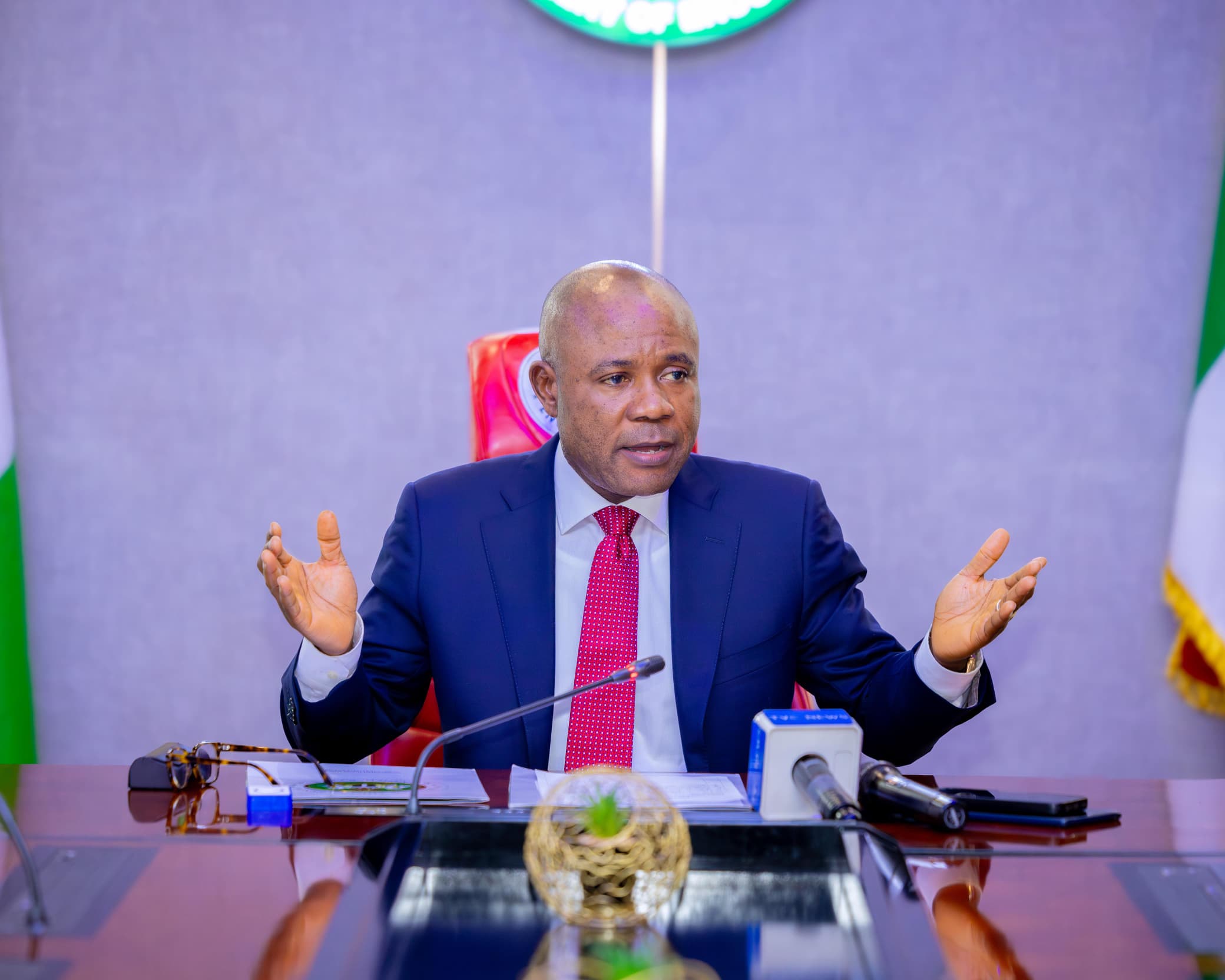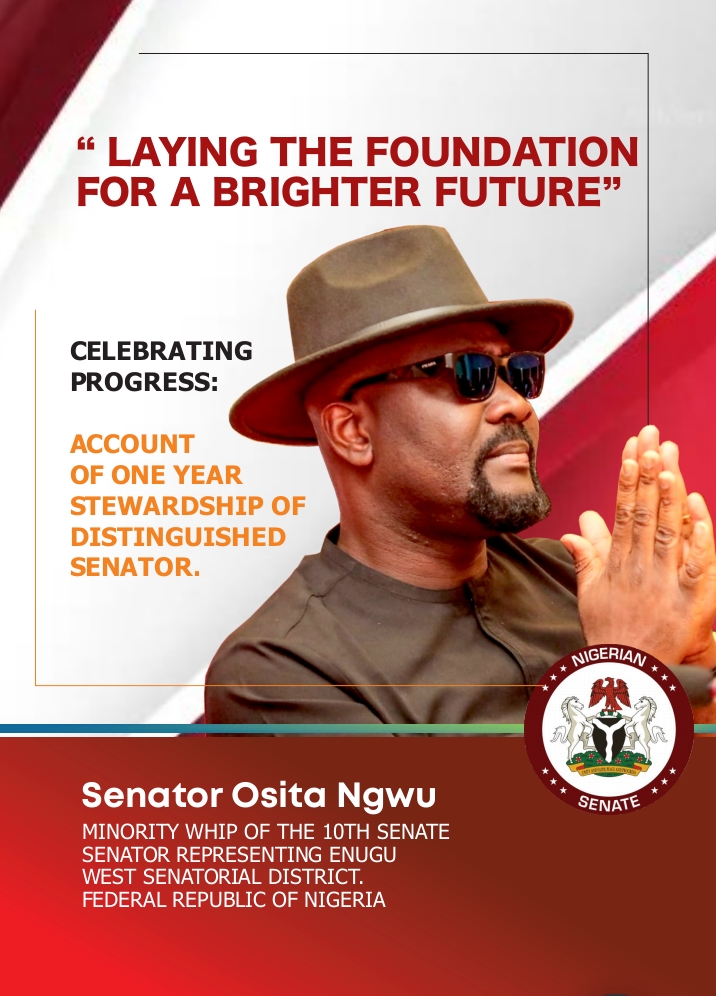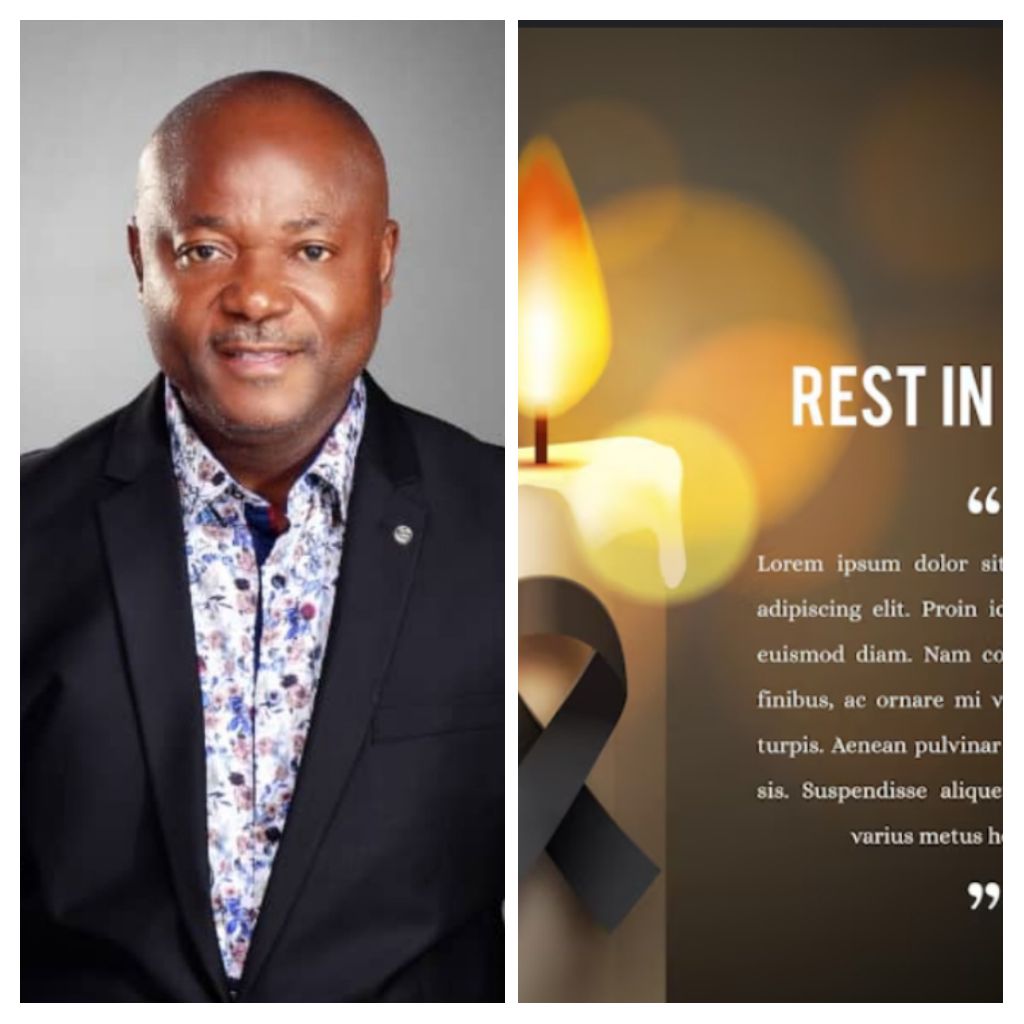Understanding Aninri Politics: Power, People, and the Path Ahead
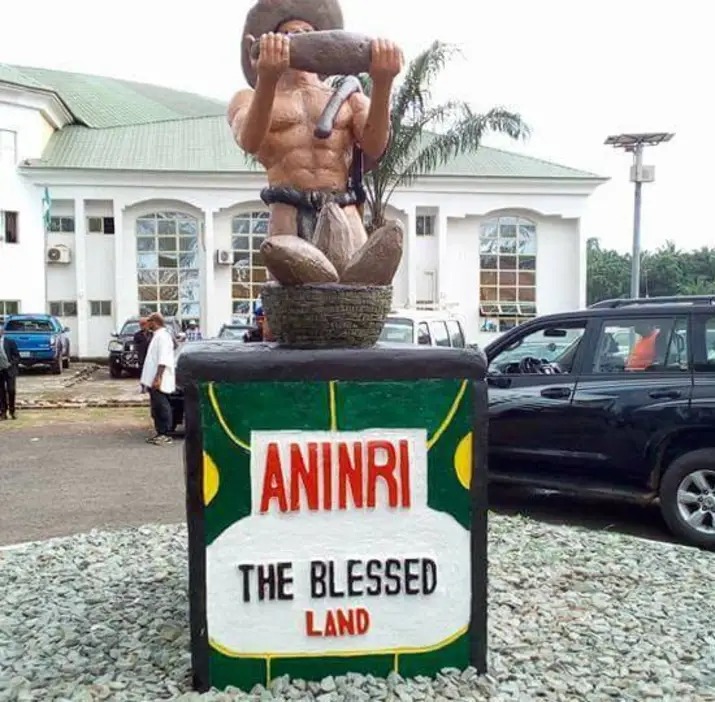
Aninri, a local government area in Enugu State, Nigeria, holds a distinct place in the political landscape of the South-East. Created out of the old Awgu LGA in 1996, Aninri comprises five communities: Oduma, Nenwe, Ndeaboh, Mpu, and Okpanku. While relatively small in geographical size, Aninri plays an outsized role in Enugu politics due to its strategic importance, influential political figures, and tightly-knit political networks.
This article explores the intricate web of Aninri politics, from its historical evolution to the present dynamics shaping governance and representation in the area.
Historical Background
Aninri was carved out during the military regime of General Sani Abacha. The creation of the LGA was politically strategic and was largely influenced by prominent sons of the area, who lobbied for autonomy to ensure development and direct representation. Since its inception, the people of Aninri have been active participants in state and national politics.
In the early days, political activity in Aninri was shaped by grassroots mobilization, traditional leadership structures, and the influence of community unions. Politics was largely communal and people-oriented, often centered around development, education, and road infrastructure.
Political Evolution and Party Dominance
Aninri politics has been dominated by the People’s Democratic Party (PDP) since the return of democracy in 1999. The PDP established strong grassroots structures that appealed to the rural and semi-urban populations of Aninri. The party's hold has been reinforced by key political stakeholders who have occupied strategic positions in state and federal politics.
However, the past few years have seen emerging political pluralism, with opposition parties like the Labour Party (LP) and the All Progressives Congress (APC) making inroads, especially among the youth and diaspora voters. The 2023 general elections, which saw increased Labour Party support across the South-East, also influenced Aninri politics, indicating a shift in political awareness and a demand for change.
Influential Political Figures
1. Ike Ekweremadu:
Perhaps the most notable political figure from Aninri is Senator Ike Ekweremadu, who represented Enugu West Senatorial District from 2003 to 2023. Hailing from Mpu, Ekweremadu rose to become the Deputy President of the Nigerian Senate and one of the longest-serving senators in Nigeria’s history. His influence shaped not only Aninri but Enugu State politics as a whole. He played a central role in infrastructural development in Aninri and was instrumental in the political career of many local leaders.
Despite his later legal troubles abroad, his political legacy remains significant in the area.
2. Local Government Chairpersons and Councillors:
Aninri has seen various local government chairmen, many of whom were PDP loyalists. Their performance in office has often determined the public’s support for the ruling party at the grassroots. Issues like road development, security, and youth empowerment are often central themes in their campaigns.
3. Traditional Rulers and Youth Leaders:
Though not elected officials, traditional rulers and community youth leaders often play significant behind-the-scenes roles in shaping the political direction of their communities. Their endorsements can make or break political aspirants.
Key Political Issues and Challenges
1. Development vs. Loyalty Politics:
One recurring issue is the tension between performance-based leadership and party loyalty. Many Aninri residents feel that political appointments are often given based on loyalty to party leaders rather than merit, which has sometimes hampered local development.
2. Youth Participation and Marginalization:
Although the youth constitute a large portion of Aninri’s population, they often feel marginalized in the political process. There's an increasing demand for inclusion, digital engagement, and more transparency in the local government.
3. Zoning and Rotation of Power:
Aninri politics is deeply influenced by zoning arrangements—both formally and informally. There is often a push for equitable rotation of leadership positions among the five communities, leading to power-sharing agreements that can become contentious during election cycles.
4. Infrastructure and Basic Amenities:
Political campaigns in Aninri often focus on roads, electricity, water, and healthcare. The underdevelopment of rural areas continues to be a flashpoint in political debates, especially during local elections.
The 2023 Elections and Its Aftermath
The 2023 general elections introduced new energy into Aninri’s political space. The strong showing of the Labour Party in the South-East, driven largely by the popularity of Peter Obi, reverberated through the local politics of Aninri. Many young voters leaned toward change, even if PDP still maintained control at the local level.
This has created a more competitive political environment, with many predicting that future elections may no longer be a one-party affair. The demand for issue-based campaigns, accountability, and inclusivity is rising.
The Future of Aninri Politics
As Aninri moves forward, the future of its politics will likely be shaped by:
- Youth involvement and political education
- Digital political engagement (social media influence)
- Diaspora contributions and awareness
- Women in politics
- Transparent and fair elections
The people of Aninri are becoming more politically conscious and are demanding more from their leaders. Whether this results in a political revolution or a reform of existing structures remains to be seen.
Aninri politics is a fascinating reflection of the broader Nigerian political climate — a mixture of tradition, power dynamics, grassroots mobilization, and the desire for progress. As the winds of political change blow across the nation, Aninri stands at a crucial crossroads. The decisions made by its people in the coming years will shape not just their local communities but also their role in the politics of Enugu State and Nigeria at large.
Stay tuned to The Voice of the Masses for more updates, in-depth political reports, and community voices from Aninri and beyond.
Leave a Reply
Your email address will not be published. Required fields are marked *
Solomon ACHI-KANU
In the manner that you described the political history of Aninri LGA gave room for fundamental omission to both the political foundation and the listing of the Influencers of the being of Aninri as an LGA and its political development. Unless you are deliberately engaged to distort the actual history and situation, I suggest that you add the correct facts and republish.





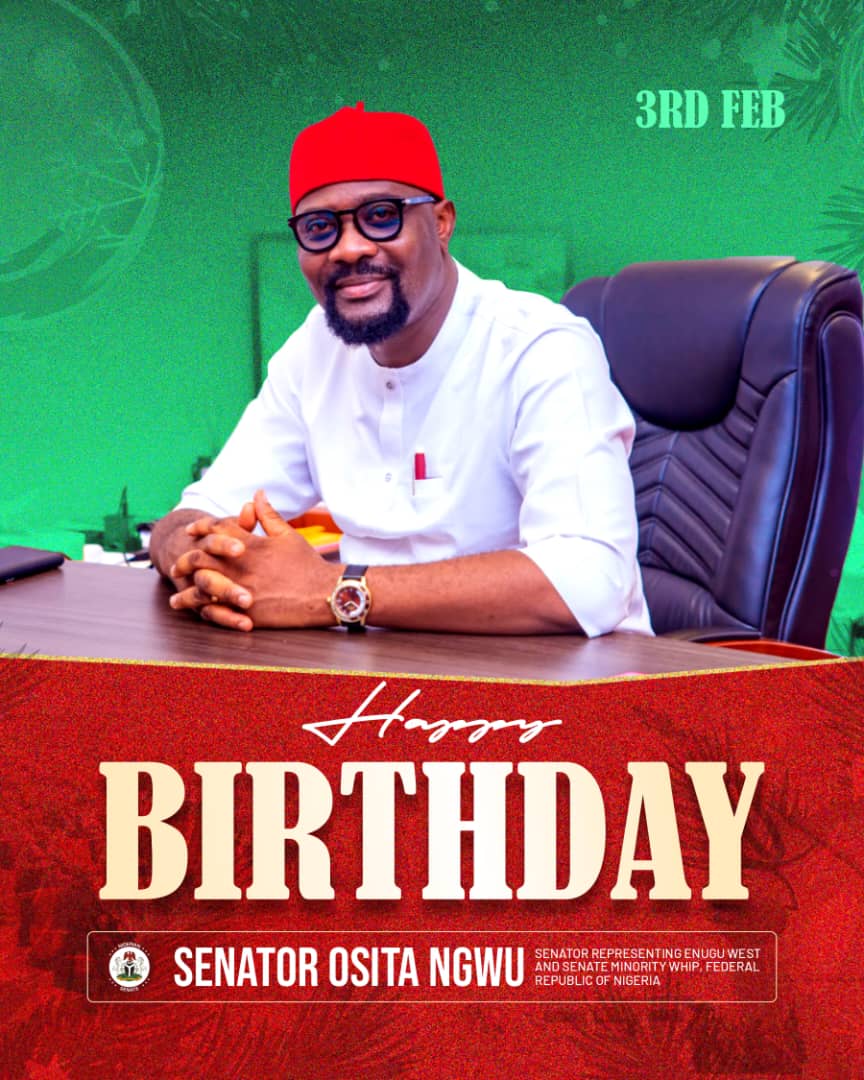
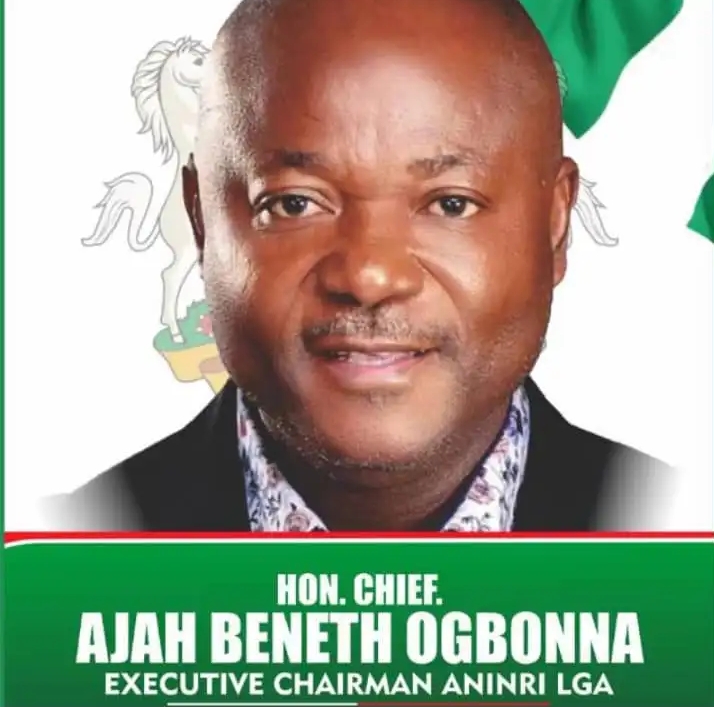
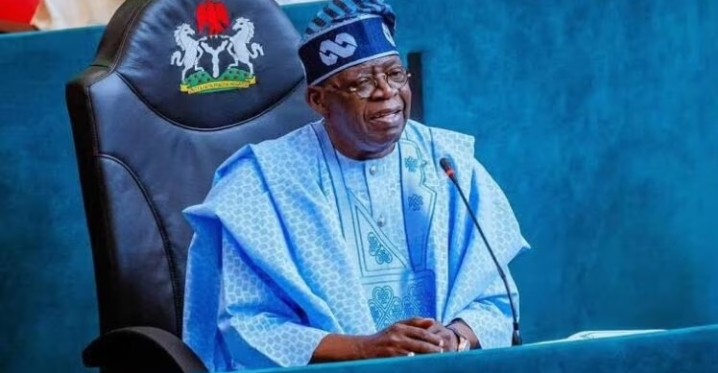
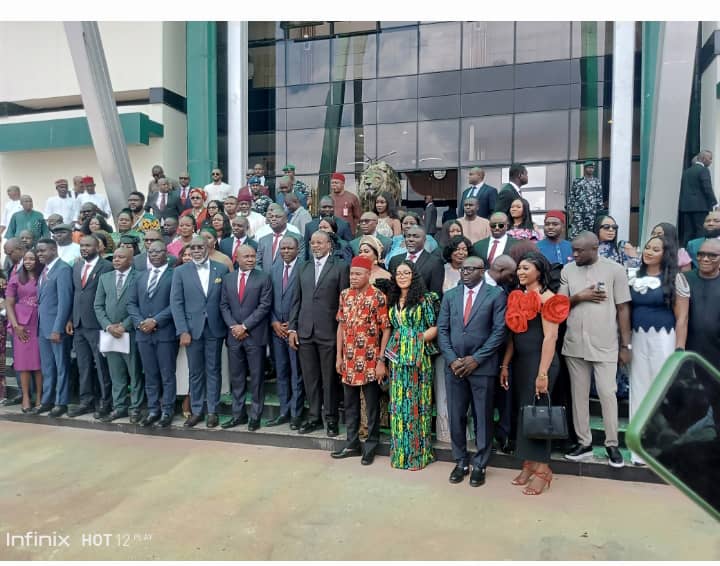
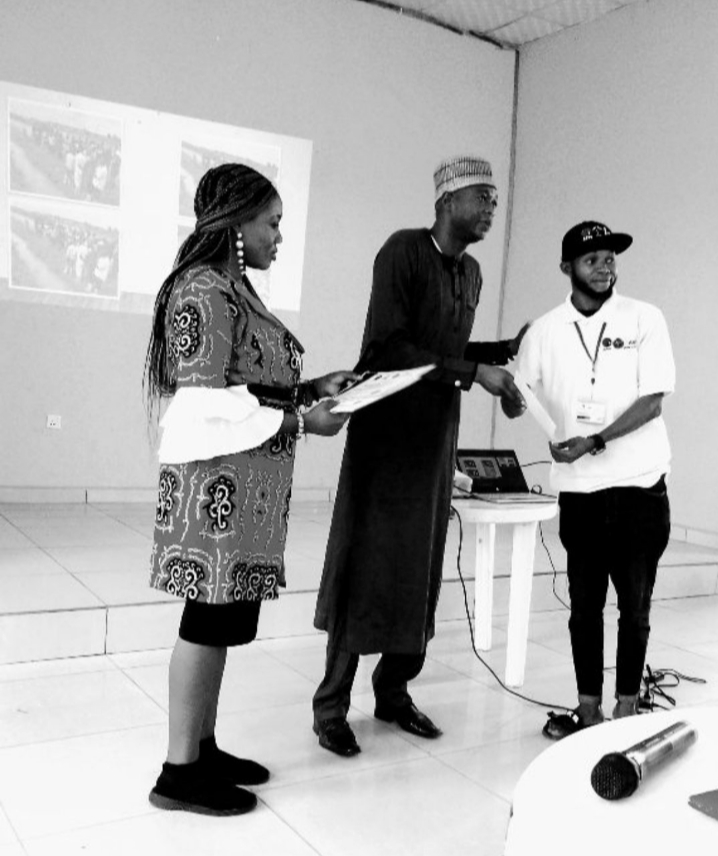
.jpg)
